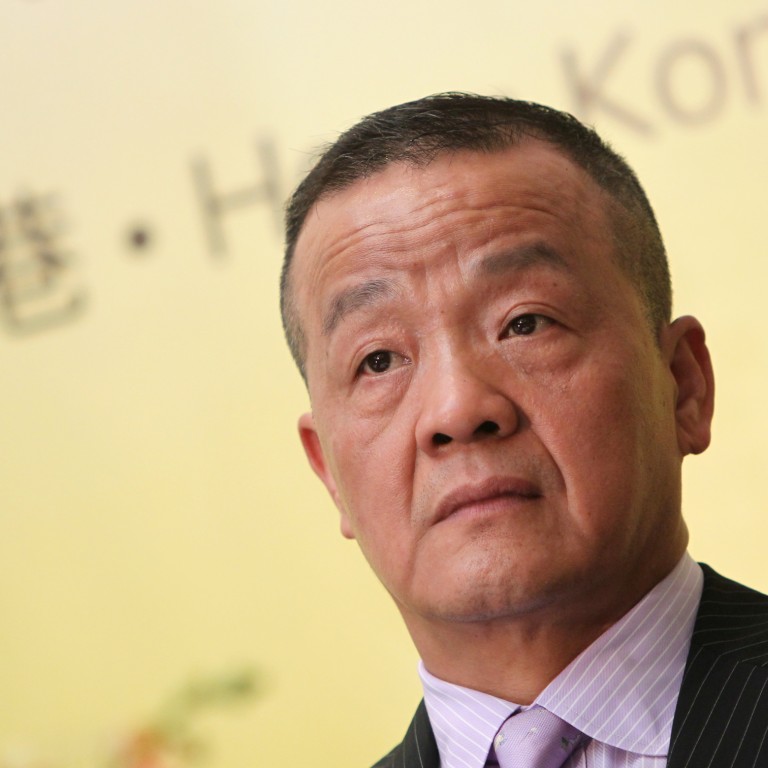
HSBC's Ping An stake sale unravels
The unraveling of HSBC's sale of its stake in Ping An reflects the big role that Chinese politics can play in such transactions, creating additional risk for minority investors.
Before we go any further, let's quickly recap the facts in this case, which saw HSBC announce in December it would sell its long-time holding in Ping An to Thailand's Charoen Pokphand Group for $9.4 billion. News of the sale wasn't particularly good for Ping An, since the loss of a premier investor like HSBC in exchange for a much lesser known name is never a very positive development. Still, the fact that HSBC and Ping An could find a buyer at all for such a large stake helped to maintain investor confidence and support Ping An's shares.
But then starting this week, new reports emerged that Beijing-based policy lender China Development Bank, which was funding most of the purchase, was having second thoughts about the deal. Word behind the scenes was that the Thai group making the purchase included a major Chinese investor who had used his connections with China Development Bank's Hong Kong branch to help secure funding for the deal.
So, what exactly happened here? I can only speculate based on my years of China experience and the stories that I'm hearing, since I'm not privy to any insider information. But it looks like what happened was that HSBC couldn't find a real buyer for the Ping An stake, which forced Ping An to turn to its own guangxi network to create a buyer. It did that by finding a Chinese entity to engineer the deal, using money from China Development Bank to fund the purchase and the Thai company to act as the official buyer.
Ping An most likely did all of this without ever consulting Beijing, with the result that Beijing-based bankers and bureaucrats were probably quite upset when they found out what had happened and moved quickly to kill the financing from China Development Bank. Again, I have to stress that this is all my guesswork.
At the end of the day the only real important fact is that this deal is likely to collapse, which will be bad for Ping An's stock over the longer term since it underscores the fact that no major global institutional investors wanted to buy the shares. I've previously said that Chinese insurers don't look like a great investment at the moment due to their exposure to risky investments. What's more, Ping An is one of the sector's most aggressive players and thus is likely to have the greatest exposure to such investments.
The major message in this kind of transaction is to look at who is funding the purchase. If the main funding is coming from Chinese banks, it means that politics is probably involved, and investors should take that fact into account when considering the longer-term prospects of the deal's ultimate success.
Bottom line: The unraveling of HSBC's sale of its stake in Ping An reflects the big role that Chinese politics can play in such transactions, creating additional risk for minority investors.
To read more commentaries from Doug Young, visit youngchinabiz.com

